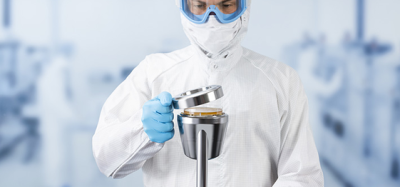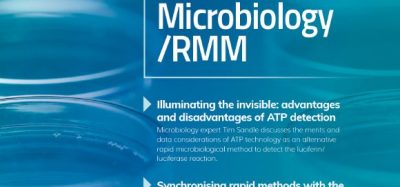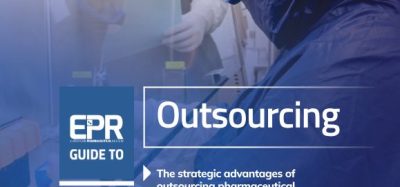Best practices in managing microbial excursions and managing out of specification events

Microbial excursions as a result of an out of specification result from a quality control test can be time consuming and costly. The investigation of the root cause, analysis of the risk to the product, and determination of corrective/preventative actions take hours of manpower and resources and often are caused by issues around personnel practices, keying errors, and incubation errors. This pharma webinar will demonstrate some practices to help better manage the investigation process and how to design processes to minimize unnecessary excursions.
What attendees learnt during this webinar:
- What is an excursion?
- How to identify risk in an excursion
- Tools to help manage the process
Keynote speakers
Guenther Gapp, CEO / Founder, Gapp Quality GmbH


- Actions required after a non- sterile result (Sterility Testing/ Media Fill)
- Experiences of identifying root causes
- Investigation reporting – minimal requirements
Dr. Guenther Gapp will present a quick run through on the most serious result in Aseptic Processing. Answers will be provided on how to immediately and correctly react. There is always enormous pressure for decisions to be made correctly and immediately, since results have an enormous impact for the patient and the company. Guenther will present practical experiences taken from his past work; will cover Active Product Ingredients and Finished Dosage Forms including isolator usage for processing and analysis. Finally, advice will be provided as to what should proactively be performed to prevent or at least to be better prepared for forthcoming non- sterile results.
The microbiologist Guenther Gapp, Gapp Quality GmbH, has worked as an independent consultant since 2013, currently working with Novartis and also for Lachman Consulting Ltd. For 20 years he worked at Sandoz, Kundl, Austria, where he gained in-depth experience with media fill practices of finished dosage forms and bulk products, environmental monitoring, sterility testing, rapid testing methods, aseptic operations practices and regulatory agency audits. For almost 10 years he held the position of head of the QA/QC Microbiology Department. In 2006, he created a new sterile risk assessment tool to identify and reduce the microbial contamination and compliance risk of sterile products and production plants. This method was published and won the 2011 publication award in the PDA Journal of Parenteral Science and Technology.
Tim Sandle, Head of Microbiology, UK BPL


Dr. Tim Sandle is the Head of Microbiology at the UK Bio Products Laboratory. In addition, Tim is a visiting tutor with the School of Pharmacy and Pharmaceutical Sciences, University of Manchester. Tim serves on several national and international committees relating to pharmaceutical microbiology and cleanroom contamination control. Outside of work, Tim runs an on-line microbiology blog (www.pharmamicroresources.com) and he has written extensively on the subject of pharmaceutical microbiology and contamination control.
Dr. David Jones, Technical Services Director, Rapid Micro Biosystems


Best Practices for managing investigations – the role of automation
Microbial excursions can be time consuming and resource intensive. Having a standard program for the management of risk is paramount. New technologies that automate the microbial testing process can help avoid manual errors that can trigger an investigation.
David has more than 20 years experience in analytical method development, validation and equipment optimization in the diagnostics industry, with a number of start up companies including Unipath. David then spent six years at Chemunex where he introduced rapid microbiology methods to the market as Director of QA and Regulatory Affairs. More recently David was at Wyeth Biopharma leading the evaluation and validation of rapid micro methods and new technologies to improve laboratory efficiencies. David has a BSc in Biochemistry and a PhD from London University in steroid endocrinology.
Supported by Rapid Micro Biosystems
Rapid Micro Biosystems provides innovative products for faster detection of microbial contamination in the manufacture of pharmaceutical, biotechnology, and personal care products. The Company’s Growth DirectTM System detects contamination earlier, delivering compelling economic benefits to manufacturers, while improving their quality process. The Growth Direct System is the first and only automated system that addresses all key microbial QC applications and fits with current regulatory practices, a critical accelerator for adoption.
Find out more: www.rapidmicrobio.com









